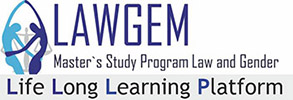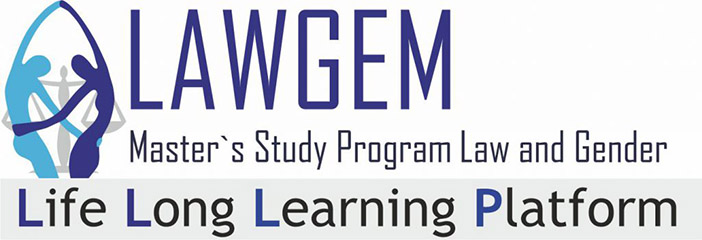The Nordic countries – Finland, Denmark, Iceland, Norway and Sweden – can be characterized as global leaders when it comes to overall gender equality of society. In all five countries, gender equality promotion in academia and science has been actively on the national policy agenda since the 1980s, especially so in Finland, Norway and Sweden, with equality planning, equality committees and equality advisers in higher education institutions, national support structures, and various targeted measures. Sweden, Norway and Finland currently have the highest proportions of women among University Rectors in Europe. However, if the proportion of women among full professors is used as an indicator of gender equality in academia, some countries in the Nordic region do not perform notably better than the EU average, and horizontal gender segregation of higher education is persistent. Gender mainstreaming as a policy and governance principle has been applied in the Nordic countries to some extent since the mid-1990s, most systematically in Sweden, the main focus of this presentation of Prof. Dr. Liisa Husu. In 2013, the Swedish government initiated an ambitious gender mainstreaming programme of public authorities, that by now has covered 58 authorities, among them several relevant to the higher education sector: the National Agency for Education, Swedish Council for Higher Education, public research funding agencies, and the National Innovation Agency. The programme continues until 2018, with nationally organised support. Most universities in Sweden are state-funded, but universities were not included in the Swedish gender mainstreaming programme of public agencies until 2016. In 2016 a Government directive gave all universities the task to de-velop a gender mainstreaming plan by 2017, to be continuously reported to the Government until the end of the programme period in 2019. In her lecture Prof. Dr. Liisa Husu discussed early experiences of this higher education gender mainstreaming programme, challenges of implementation, and lessons learnt.
 Professor Liisa Husu is a Finnish sociologist and gender expert, actively engaged in gender and science issues in research, policy and civil society since the early 1980s. She is Professor of Gender Studies at the Örebro University, Sweden, and Co-Director of GEXcel International Collegium for Advanced Transdisciplinary Gender Studies, and before her academic career worked in the Finnish gender equality machinery as a senior adviser. Her research and publications focus on gender in science, academia and knowledge production. Husu was the co-author to the EC report Gender and Excellence in the Making (2004), and Rapporteur of the EC expert group Gender and Excellence (The Gender Challenge in Research Funding, 2009). Other publications include Sexism, Support and Survival in Academia (2001), co-edited books Hard Work in the Academy (1999), Women, Management and Leadership (2011), and Leadership through the Gender Lens: Women and Men in Organizations (2010).
Professor Liisa Husu is a Finnish sociologist and gender expert, actively engaged in gender and science issues in research, policy and civil society since the early 1980s. She is Professor of Gender Studies at the Örebro University, Sweden, and Co-Director of GEXcel International Collegium for Advanced Transdisciplinary Gender Studies, and before her academic career worked in the Finnish gender equality machinery as a senior adviser. Her research and publications focus on gender in science, academia and knowledge production. Husu was the co-author to the EC report Gender and Excellence in the Making (2004), and Rapporteur of the EC expert group Gender and Excellence (The Gender Challenge in Research Funding, 2009). Other publications include Sexism, Support and Survival in Academia (2001), co-edited books Hard Work in the Academy (1999), Women, Management and Leadership (2011), and Leadership through the Gender Lens: Women and Men in Organizations (2010).

